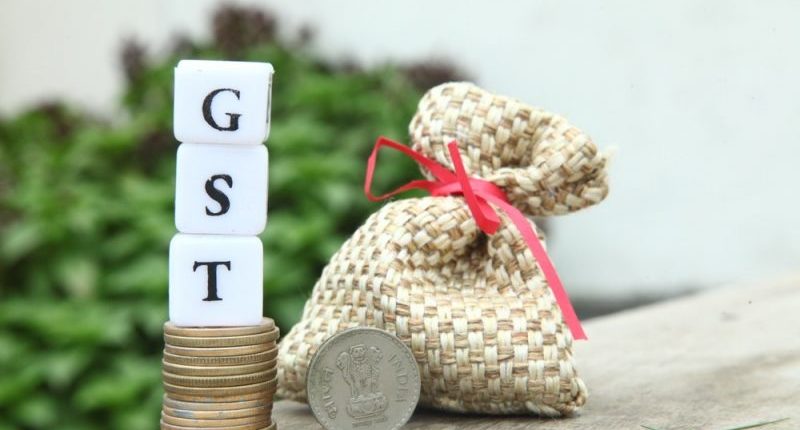January 2022 has witnessed new amendments to the Goods and Services Tax (GST) law spanning input tax credit claims. The concept of provisional ITC, first introduced with a 20% cap on a business’s eligible input tax credit (ITC), has now been completely removed. This means that ITC claims will be restricted to the extent that a business’s vendors upload their invoices in the GSTR-1 or Invoice Furnishing Facility (IFF). The same should be further reflected in the buyer’s GSTR-2B.
Taxpayers now have the daunting task of ensuring 100% accurate input tax credit claims. If they claim excess ITC, they could be liable to interest, penalties, and GSTIN cancellations in extreme cases. On the flip side, if they claim less ITC, their GST cash outflows increase, thereby hitting working capital too.
Now, given the unprecedented dependency on vendors to upload invoices on time, won’t it be beneficial to introduce a reverse charge mechanism to upload vendor invoices and pay GST? Let’s be clear. This mechanism is simply a budget expectation, with no announcement made by the government at all. So, take a look at whether a reverse charge mechanism for GST payments would help streamline overall compliance.
How would the system work?
Under this system, large taxpayers with turnover exceeding Rs.100 crore or Rs.500 crore will pay the GST dues directly to the government on behalf of their small vendors. We mean vendors with a turnover of less than Rs.5 crore by small vendors.
For example, let’s take the situation of a large manufacturing company M/s XYZ Ltd. which frequently purchases raw materials from supplier A. Supplier A is a small business that finds the process of monthly computations and tax payments extremely tedious. In this case, M/s XYZ Ltd. will directly declare their purchases from supplier A and pay the GST amount on A’s behalf to the government. Similarly, M/s XYZ Ltd. does the same for all its small suppliers.
How exactly does a reverse charge mechanism help large enterprises?
For large enterprises, one of the biggest challenges of dealing with small vendors is that these vendors do not upload their invoices on time, thereby preventing the large enterprise from claiming the input tax credit. By introducing a reverse charge mechanism, the large enterprise uploaded their purchase invoices and paid tax to the government. Hence, they can now freely claim an input tax credit. This system also largely reduces the administrative burden of following up with small vendors.
If you’re wondering if this system could result in an additional compliance burden for large enterprises, it could, but very marginally. Large enterprises already have most of their record-keeping automated. Like sales transactions, their purchase transactions can be filed with the government with just a click of a button. But the fact that they no longer have their working capital blocked in ITC claims is reason enough to remit GST on behalf of their small vendors.
How does this reverse charge mechanism help small businesses?
For small businesses, their tax compliance burden drastically reduces. There is no longer the need to make monthly GST payments as all their large enterprise customers directly remit GST to the government. Small businesses now need only to file a quarterly or half-yearly statement declaring their revenues and paying the balance tax amount, if any.
How does this help the government?
It does not change things much for the government, except that they now are sure to get their dues on time.
For any clarifications/feedback on the topic, please contact the writer at athena.rebello@cleartax.in.

I’m a Chartered Accountant by profession and a writer by passion. ClearTax lets me be both. I love travel, hot tubs, and coffee. I believe that life is short, so I always eat dessert first. Wait.. life is also too short to be reading bios… Go read my articles!





